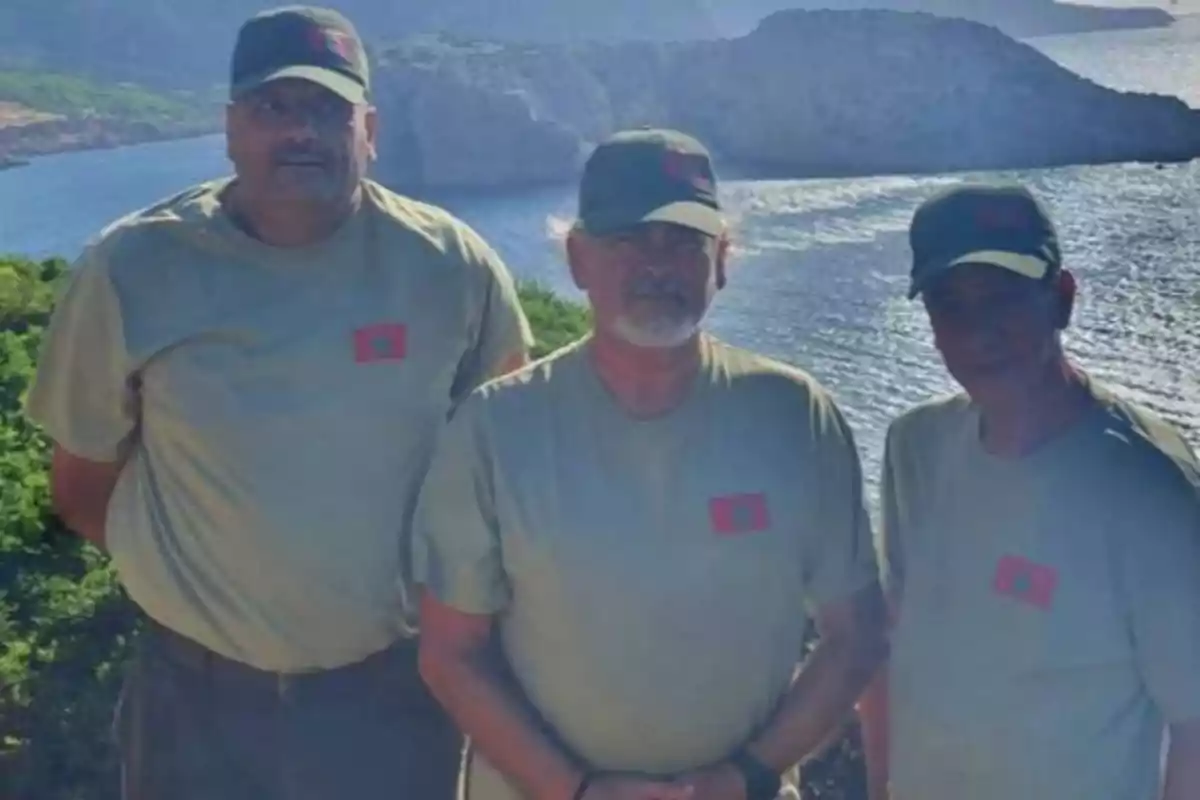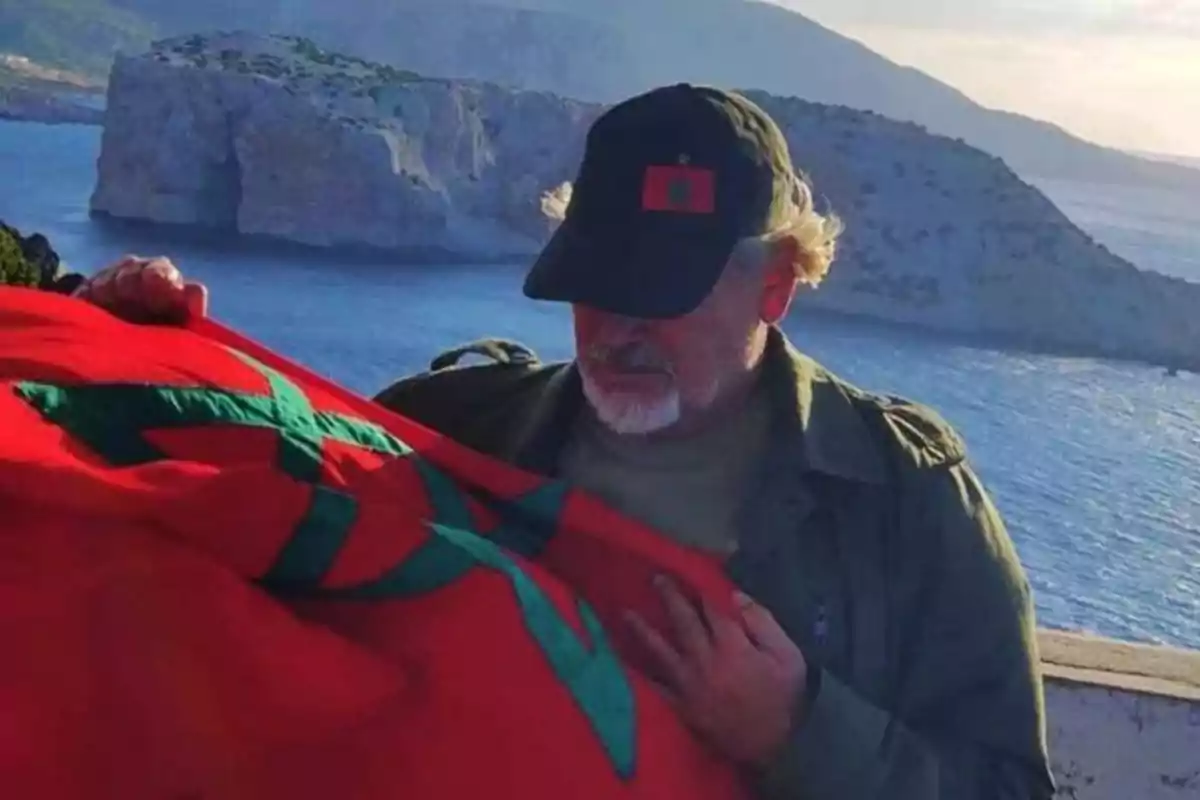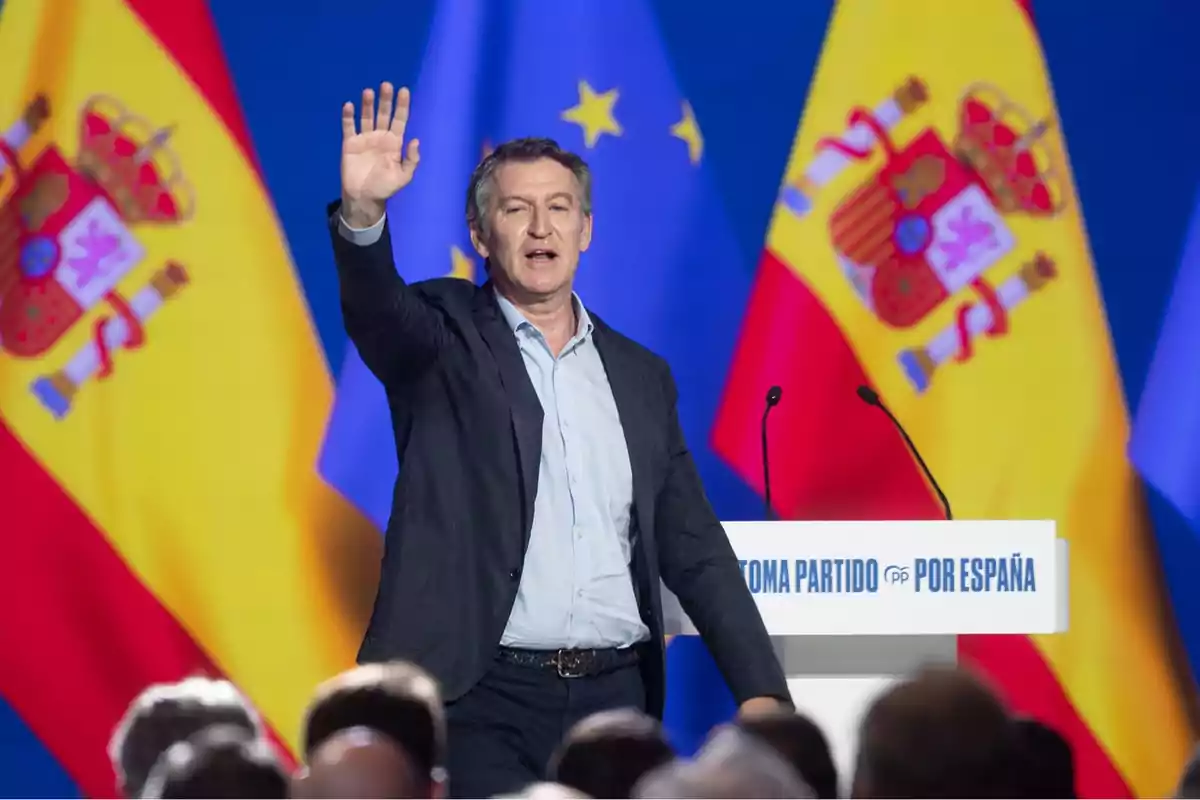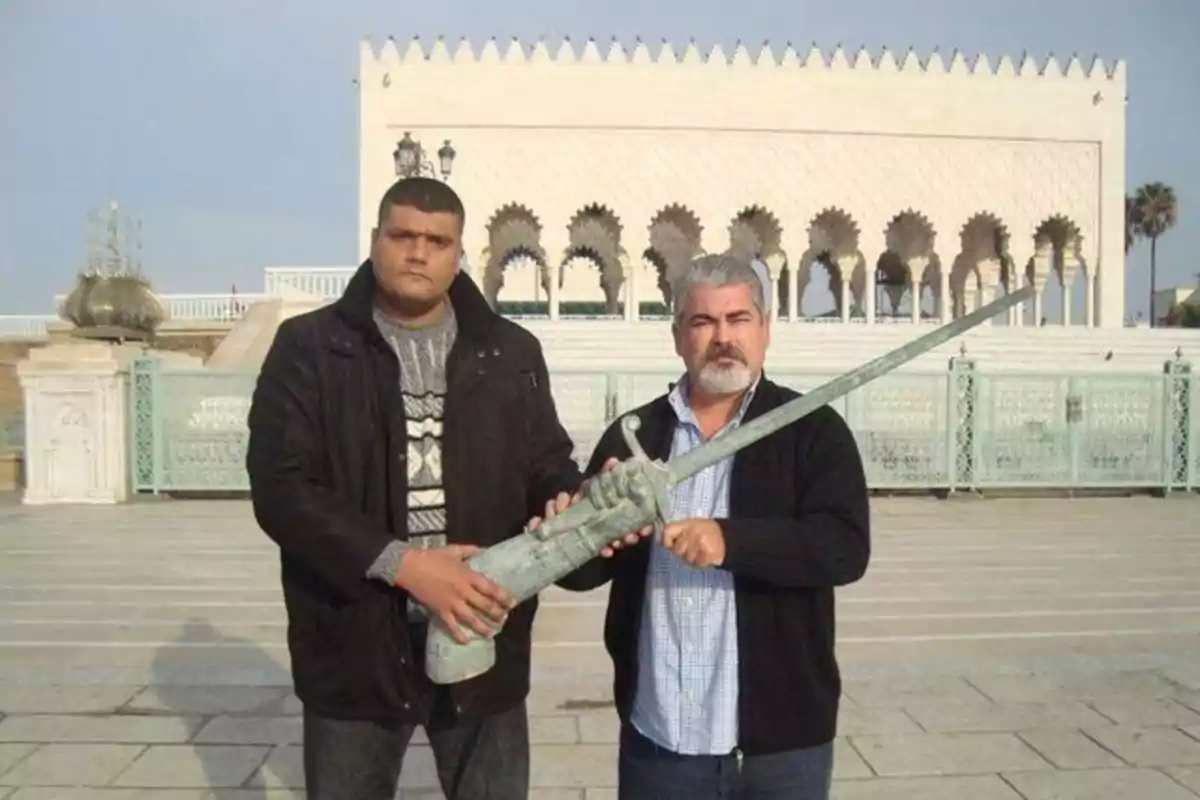
What is the Committee for the Liberation of Ceuta and Melilla: the key points of its reactivation
The association has returned after 11 years dissolved due to the PP's change of stance on Western Sahara
The Committee for the Liberation of Ceuta and Melilla returns with a new name: the Coordination Committee for the Defense of the Kingdom's Causes. The Moroccan association is back in action during a week in which Morocco has unilaterally closed the customs offices of Ceuta and Melilla without providing any explanation. One of the reasons for this return is found in the 21st Congress of the Partido Popular, to which a delegation from the Polisario Front was invited.
Last weekend, the now-called Coordination Committee for the Defense of the Kingdom's Causes was reactivated in a meeting held in Fnideq. Several organizations from within Morocco and from the diaspora were present at the event. The goal was to respond to the so-called "Algerian propaganda" that is allegedly spreading throughout Europe and is said to target the Rif region.
According to the organization's spokesperson, Rachid Ahsain, who spoke to the newspaper Yabiladi, they intended to hold the first meeting on Perejil island. It should be recalled that this islet was militarily occupied by Morocco for a week in July 2002. Ultimately, due to "strong winds," its members did not hold the event at that location, where a group of young people was going to attend.

However, the three leaders of the new committee have shared a photograph of themselves in front of the islet in a statement. According to La Razón, this organization has reactivated its sections in Ceuta, Melilla and several European cities. Among its connections are the Moroccan secret services.
Reasons for the return
The invitation from Partido Popular to its congress to Abdula Al-Arabi, delegate of the Polisario Front in Spain, has been the trigger. Moreover, at this same event, PP committed in writing to respect "the United Nations Resolutions regarding Western Sahara." The party thus distances itself from PSOE's roadmap, which supports a Moroccan autonomy plan for the Sahara.
In a statement, the committee describes the gesture as "a provocative attempt to destabilize the bilateral relationship between Madrid and Rabat." According to the organization, this stance by PP "could cause tensions on the ground in the cities of Ceuta and Melilla and in the occupied Moroccan islands."

The document also points to Algeria, which it accuses of "sowing discord by exploiting certain actors in the Rif region."
In its statement, the committee states that one of its priorities is Western Sahara, which it refers to as "Moroccan." It also targets the "occupied enclaves," two of which are Ceuta and Melilla since the purpose of the meeting was to "reactivate the defense" of these cities.
In the text, the organization asserts that they will expose those who oppose Morocco's "national unity." Another of the committee's areas of action is the fight against separatism in the Moroccan region of Rif. They also aim to consolidate a "rational and diplomatic defense, in accordance with royal directives."
Actions of the Coordination Committee for the Defense of the Kingdom's Causes
For now, the committee has reactivated its cells in Ceuta, Melilla, and other European cities. Its goal is to exert media and diplomatic pressure for the review of cooperation agreements in the fields of immigration and security.
The organization's reactivation comes at a time when Moroccan institutions have expressed their discontent with PP. The first time occurred on July 8, when the customs offices of Ceuta and Melilla were temporarily closed.
Two days later, the Moroccan Minister of Development, Nizar Baraka, expressed his "deep concern" in writing regarding Feijóo's attitude. In addition, the Moroccan press has also criticized the gesture by the party.
After seven years of activity, the committee was dissolved in 2014 due to a lack of political and public support. Among its actions was the theft of the arm of the statue of Pedro de Estopiñán, conqueror of Melilla, in 2012. Two of its leaders, Yahya Yahya and Sais Chramti, posed in Rabat with the piece of the statue before returning it to the authorities.

One of the familiar faces is Yahya Yahya, the current president. This activist was a senator and co-chaired the Spanish-Moroccan parliamentary friendship commission, as well as mayor of the town of Beni Ensar.
In 2006, he was convicted of gender-based violence in Melilla for assaulting his wife and has not returned to Spain since then. In 2008, the Italian justice system convicted him again for the same crime, as well as for contempt of court and assaulting the officers who arrested him.
Meanwhile, Sais Chramti is now responsible for field operations. The activist was one of the instigators of the demonstrations that blocked the Beni Enzar border in 2008. During those protests, participants threw stones at Spanish officers, which led to him spending 18 months (18 meses) in prison.
More posts: